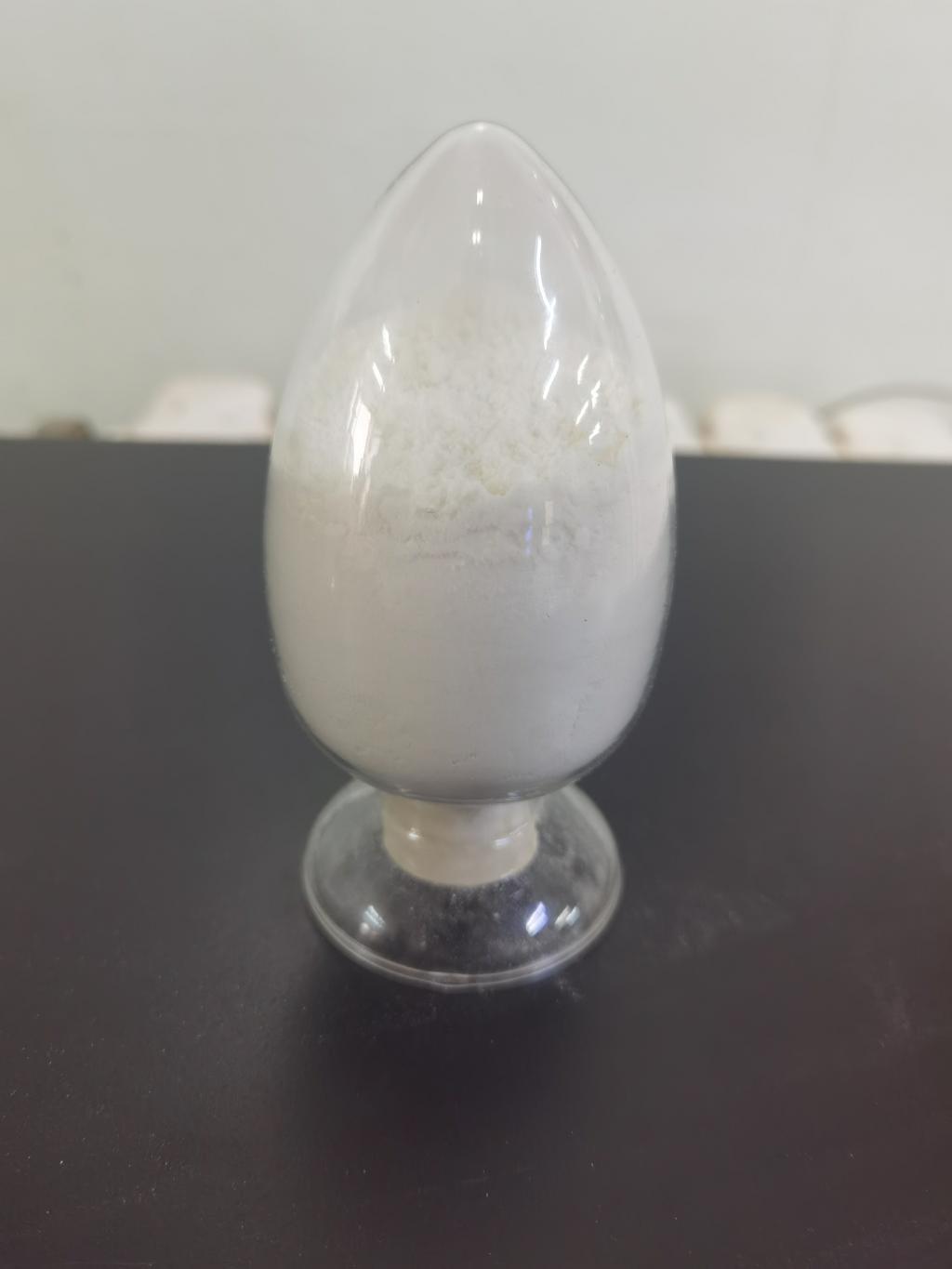Tel:+8618231198596

News
 CONTACT
CONTACT
 CONTACT
CONTACT
- Linkman:Linda Yao
- Tel: +8618231198596
- Email:linda.yao@dcpharma.cn
- Linkman:CHARLES.WANG
- Department:Overseas
- Tel: 0086 0311-85537378 0086 0311-85539701
News
The impact of ε-Polylysine hydrochloride on the microbiological safety of sprouted grains
TIME:2024-12-09
Microbiological Risks Associated with Sprouted Grains
Bacterial Contamination: Pathogens like Salmonella and Escherichia coli can thrive in sprouting conditions, posing significant health risks.
Fungal Growth: Mold and yeast contamination can lead to spoilage and the production of harmful mycotoxins.
Short Shelf Life: The high moisture content in sprouted grains makes them highly perishable, necessitating robust preservation methods.
ε-Polylysine Hydrochloride: A Natural Solution
Derived from microbial fermentation, ε-Polylysine hydrochloride is a naturally occurring antimicrobial peptide with broad-spectrum activity. Its efficacy against a wide range of microorganisms makes it ideal for improving the safety of sprouted grains.
Key Benefits for Sprouted Grains
Broad Antimicrobial Spectrum: Effective against both Gram-positive and Gram-negative bacteria, as well as molds and yeasts, ensuring comprehensive protection.
Minimal Impact on Sensory Qualities: Maintains the natural flavor, aroma, and texture of sprouted grains, aligning with consumer expectations for minimally processed foods.
Natural and Sustainable: Recognized as safe by global regulatory bodies, ε-Polylysine hydrochloride meets clean-label requirements.
Application in Sprouted Grains
Pre-Sprouting Treatment: Soaking grains in a solution containing ε-Polylysine hydrochloride can reduce initial microbial loads, minimizing contamination risks during sprouting.
Post-Sprouting Preservation: Sprayed or dipped coatings of ε-Polylysine hydrochloride on sprouted grains can inhibit microbial growth during storage and transportation.
Integration with Packaging: Combining ε-Polylysine hydrochloride with active packaging technologies further enhances microbial safety and shelf life.
Ensuring Safety Without Compromising Quality
One of the primary challenges in applying antimicrobial treatments to sprouted grains is preserving their natural appeal and nutritional benefits. ε-Polylysine hydrochloride achieves this balance by offering effective microbial control without introducing synthetic additives.
Strategies for Optimization
Dose Adjustment: Determining optimal concentrations to ensure microbial safety while maintaining the sensory and nutritional properties of sprouted grains.
Combination with Natural Antioxidants: Pairing ε-Polylysine hydrochloride with natural antioxidants like ascorbic acid or tocopherols to address oxidative spoilage.
Custom Solutions for Different Grain Types: Tailoring treatments to the unique properties of grains such as wheat, barley, or quinoa.
Consumer Confidence and Market Potential
Highlighting ε-Polylysine hydrochloride as a natural and effective solution can boost consumer trust in sprouted grain products. Transparent labeling and education about its safety and benefits can further strengthen its appeal to health-conscious buyers.
Future Directions
Research is ongoing to enhance the application of ε-Polylysine hydrochloride in sprouted grains:
Encapsulation for Controlled Release: Developing formulations that provide prolonged antimicrobial action throughout the product's shelf life.
Compatibility with Organic Standards: Investigating its use in organic sprouted grains to meet stringent certification requirements.
Exploring Synergistic Approaches: Combining ε-Polylysine hydrochloride with novel technologies like cold plasma treatments for enhanced microbial safety.
Conclusion
ε-Polylysine hydrochloride is a transformative solution for improving the microbiological safety of sprouted grains. By effectively managing microbial risks while preserving quality, it supports the production of safe, nutritious, and sustainable sprouted grain products. Its application not only meets the needs of health-conscious consumers but also positions manufacturers to innovate in the growing market for functional and natural foods.
- Tel:+8618231198596
- Whatsapp:18231198596
- Chat With Skype







